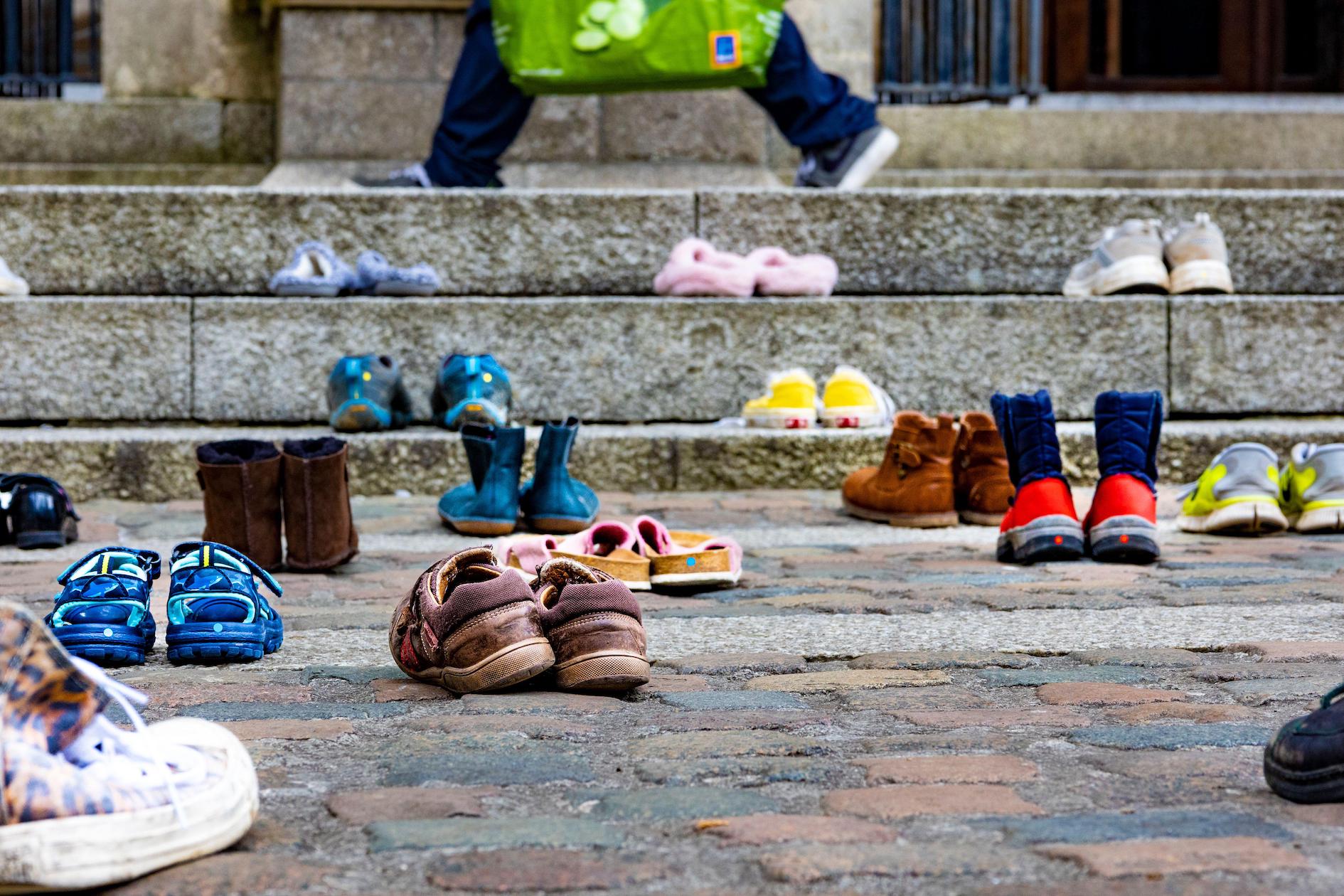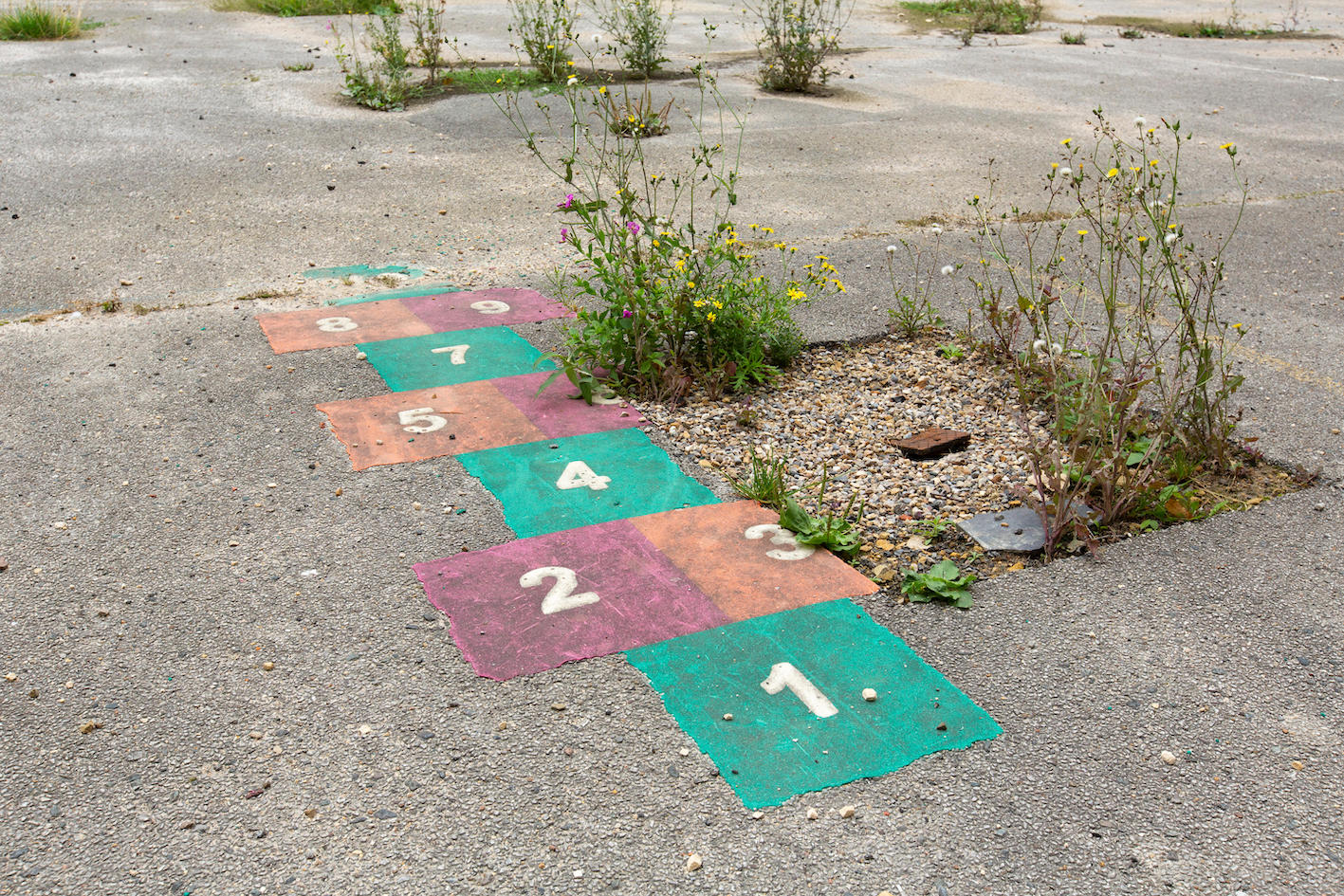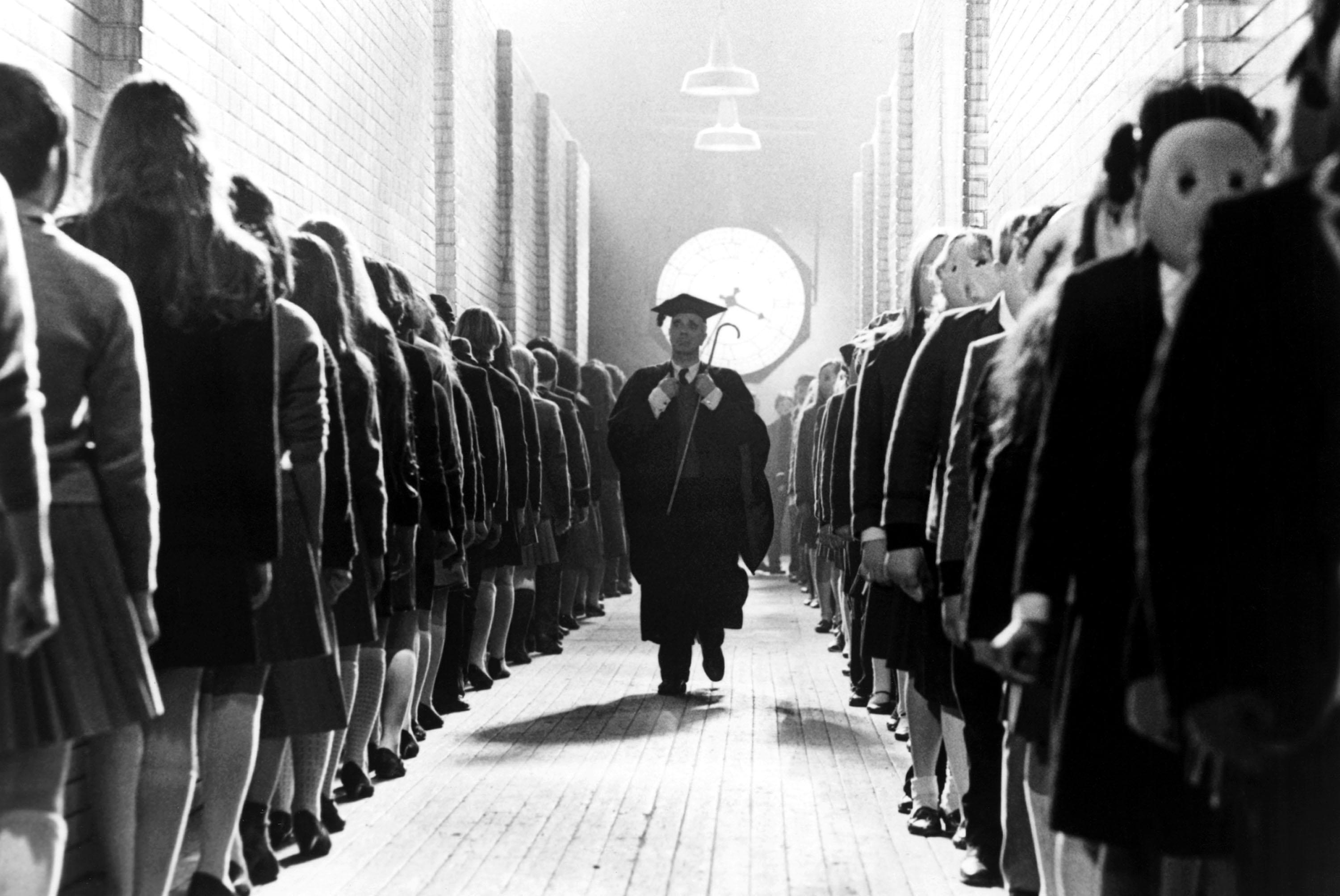As what remains of this Conservative era gasps its last, you may have become somewhat immune to the periodic injection of depressing data on the state of our society and economy. From rising rates of in-work poverty to the almost 140,000 homeless children stuck in emergency accommodation, the facts about the desperate state of our nation have lost their power to shock.
But this week’s report from the Academy for Medical Sciences on the health of our children is of a different order. Its findings are devastating, even when read in isolation: more than a fifth of children aged five are overweight or obese, a quarter have tooth decay, vaccination rates have dropped (with measles making a resurgence) and there has been a rapid rise in demand for children’s mental health services.
Most chillingly of all, infant mortality is rising and it is disproportionately affecting the poorest parts of the country. The UK now ranks 30th out of 49 OECD countries for death in infancy.
Put these statistics together with what decades of research tells us about the significance of the earliest years of life - that the first 1,000 days of life set the path for everything that follows, and a child’s developmental scores at just 22 months are an accurate predictor of a person’s economic and social stability at 26 - and the sum total of the report becomes catastrophic.
What has happened to allow this to occur? As a mother of two young children, I have witnessed the rapid rollback of state services that support families in the last decade and this is their dangerous result.
I had my eldest daughter in 2017. As any parent will tell you, the arrival of a first child is a fundamental shock. My tiny baby was born with some health difficulties, the responsibility overwhelmed me and I stumbled - but everywhere I looked there was a hand to help me up.
"I have witnessed the complete pulling back of public responsibility for the children under the age of five, thanks to a short-sighted government that refused to see the value of funding those services provided."
My health visitor offered weekly weigh-ins, drop-in sessions at a time that suited me, to help me monitor my baby’s growth and development. The breastfeeding meet ups at the local children’s centre that gave me the support I need to feed my child in toddlerhood, the “baby explorer” sessions that helped her meet her first milestones. Free weaning sessions taught parents how to foster a healthy diet and cut down on food waste when feeding a fussy baby their first foods.
All these services involved the quiet, careful oversight of trained, supportive, caring experts in childhood who were also carrying out basic safeguarding work in every conversation they held with new mums.Then, when my mental health reached breaking point when my baby was about seven months old, there was an urgent referral for support which had me in regular therapy within a fortnight. It was considered an urgent case because I was caring for a child under the age of one.
These public services were all free of charge, open to all regardless of economic status and - crucially - gave parents without any supportive family network or community around them the help they needed to support their babies to thrive.
Just over three years later, I had my second daughter. It was October 2020, and thanks to the pandemic much of the social and public infrastructure supporting new parents had shuttered to prevent the spread of the virus. Understandable, at first - but even as lockdown restrictions began to lift and my new baby became a toddler, the doors of these essential services remained closed.
This time round there were no visits to the “milk spot” breastfeeding groups, the local children’s centre that was a fixture of my first maternity had closed down, and parent and baby classes were now cut or charging high entrance fees meaning only wealthy middle class families attended and social mixing in the first weeks of life simply stopped.
Sure Start - a New Labour policy that channelled funding into local projects and services like children's centres and baby group sessions to give all children a more equal start in life - had been dismantled. My health visitor - now one of a declining workforce - no longer offered a drop-in clinic, requiring instead an appointment booked via a phoneline which often went unanswered. I was only called in three times in three years for routine observations; there were no regular weight checks, no casual points of contact providing a moment of support and reassurance for struggling mums.
Something sinister has occurred in this country in the short time since I took the step into motherhood, and I have witnessed it first-hand: the complete pulling back of public responsibility for the children under the age of five, thanks to a short-sighted government that refused to see the value of funding those services provided. Now, in this week’s report, we see the true impact of those decisions.
The health of our children is declining fast. For the children that survive childhood, the policy failings of their earliest days will leave a mark on the rest of their lives. But with infant mortality rising for the first time since current records began in the 1980s, the sad fact is that some simply will not.
Hannah Fearn is a freelance journalist specialising in social affairs. She has a special interest in inequality, poverty, housing, education and life chances.





